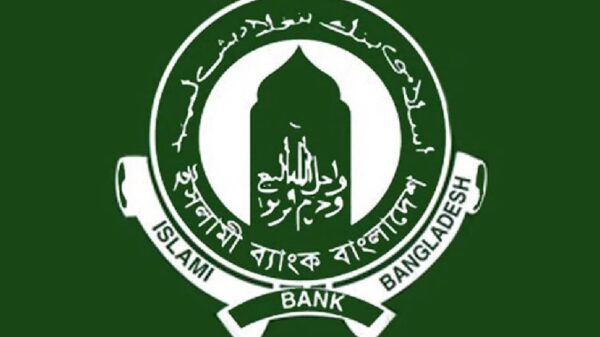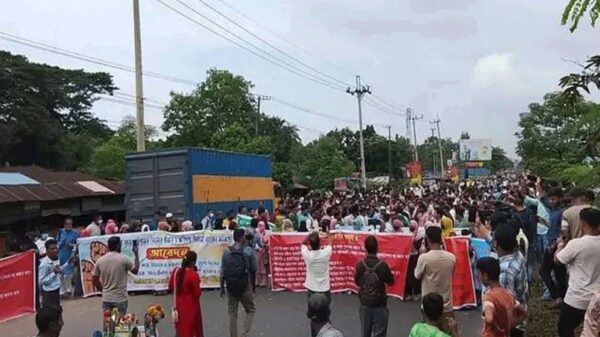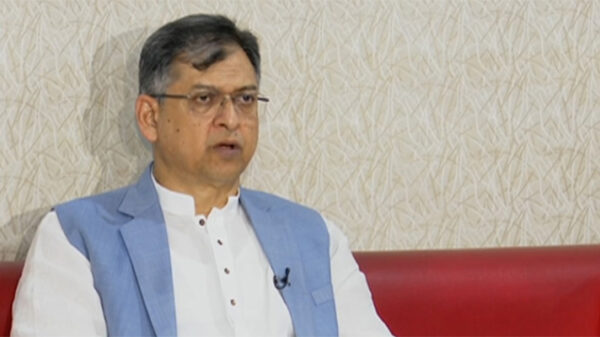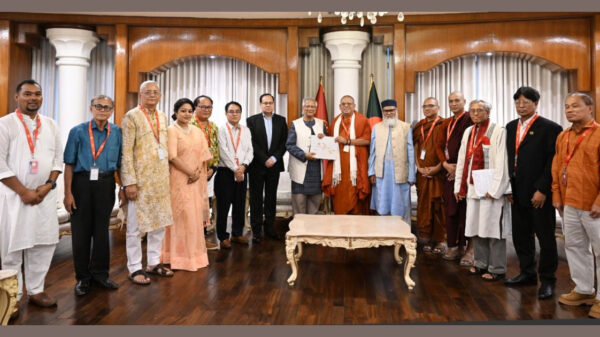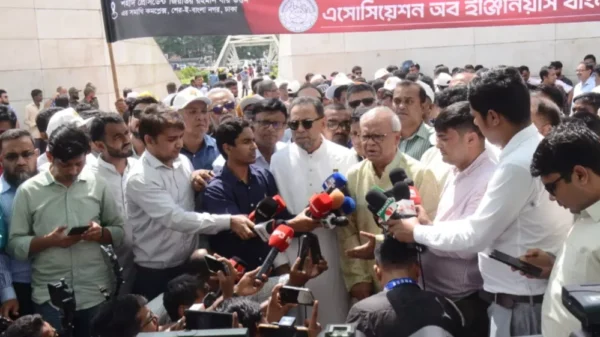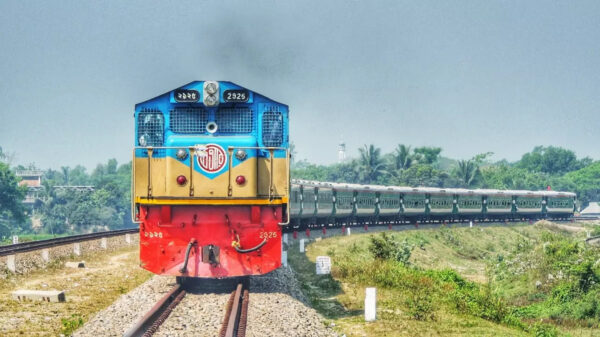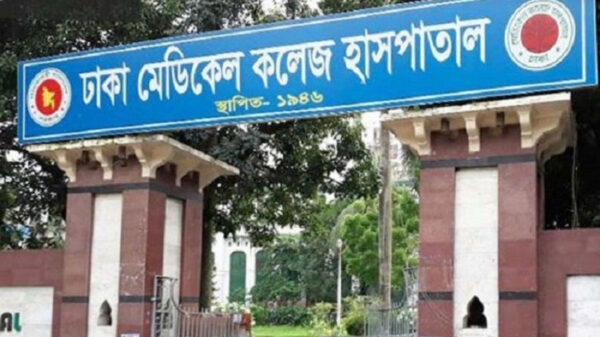Staff Reporter:
In a joint press conference held by leading organizations including WaterAid, PPRC, UNICEF, FANSA, BAWIN, FSM Network, Sanitation and Water for All, and End Water Poverty, urging allocation of funds targeting Water, Sanitation, and Hygiene (WASH) in the upcoming national budget for the fiscal year 2023-24.
The speakers emphasized the need to address spatial inequalities and promote community engagement within the WASH sector.
Dr. Hossain Zillur Rahman, an eminent economist and Chairman of PPRC, delivered a keynote speech on behalf of WASH sector stakeholders.
He emphasized the importance of prioritizing spatial inequality and community engagement in the allo-cation of funds. Dr. Rahman underscored the significance of focusing on underserved areas, such as chars, climate vulnerable areas, haors, and hilly regions, as well as addressing intra-urban inequities.
He emphasized the allocation of funds for Fecal Sludge Management (FSM) in secondary towns and urbanized villages, adopting a multi-agency policy approach to achieve the national targets of 100% Safe Drinking Water and 100% Safely Managed Sanitation, which align with the SDG goals.
A WASH Budget Analysis Study conducted by PPRC, with support from WaterAid, revealed a long-term upward trend in WASH ADP allocation. However, the proportionate increase in the preceding fis-cal year (5.44%) was lower than the overall ADP size increase (7.4%).
According to the HIES 2022 findings, 92.32% of the population has access to improved toilet facilities, while open defecation remains at only 0.69%. The commendable projects by DPHE on WASH, DRR, and Fecal Sludge and Waste Management (FSWM) were also highlighted for building resilience through disaster risk communication and community engagement.
The press conference shed light on the persisting issue of intra-urban inequities in WASH allocation and proposed a more rational and equitable distribution of funds in the upcoming ADP allocations for 2023-2024.


